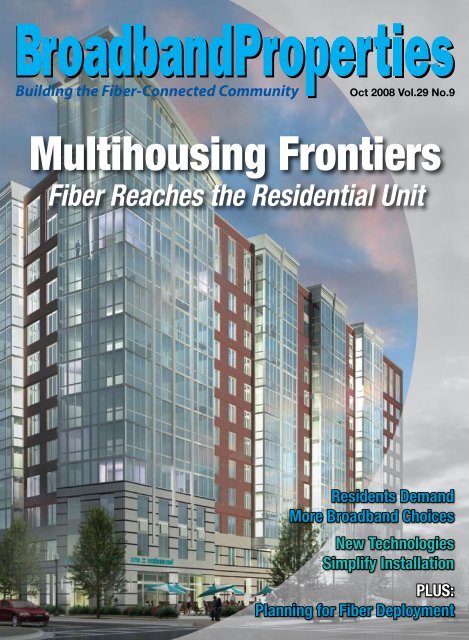Navigating the Complex Terrain of Compliance Guidelines for Network Protection in Multi-Dwelling Units to Guarantee Resident Security and Data Protection
Wiki Article
In today's society, many individuals live in multi-dwelling buildings, including flat complexes and condo communities. These locations frequently share common infrastructures for online and other services. While this arrangement can be convenient, it also raises significant concerns about network security and regulatory requirements. Ensuring the security of tenants and protecting their data is essential. This article will explore the intricate environment of compliance guidelines for system security in multi-unit buildings, focusing on how these guidelines assist keep tenants secure and secure.
A of the primary compliance guidelines that pertain to network safety is the EU Data Privacy Regulation (GDPR). This regulation is intended to protect personal information and confidentiality for persons inside the EU Union. While it primarily applies to companies operating in Europe, its tenets can affect practices in other areas as well. For multi-dwelling units, complying to GDPR requires establishing robust information protection protocols. This entails ensuring that residents' personal information is collected, kept, and handled safely. By adhering to these guidelines, building administrators can help build trust with tenants and guarantee their information is protected from unauthorized intrusion.

Another important guideline is the Healthcare Insurance Portability and Responsibility Law (HIPAA), which protects sensitive patient information in the medical industry. In multi-unit units, especially those that offer medical assistance or have residents with specific health requirements, adherence with HIPAA is essential. This means that any health-related information gathered from tenants must be kept private and secure. Property managers must make sure that their network infrastructures are designed to prevent data breaches and illicit access. By doing so, they not only comply with legal obligations but also promote a secure residential space for all residents.
In addition to GDPR and HIPAA, the Payment Payment Industry Information Protection Guidelines (PCI DSS) is a further critical regulatory standard. This guideline is especially relevant for multi-dwelling units that process debit card transactions for rent or services. PCI DSS outlines protection protocols that must be implemented to protect cardholder data. This entails securing sensitive information and regularly reviewing system safety. By adhering to PCI DSS standards, property managers can reduce the threat of information leaks and protect residents' financial information, which is crucial for upholding their trust and safety.
Finally, it is essential for multi-unit buildings to remain informed on local and national regulations regarding network security. Regulations and guidelines can evolve, and remaining informed is crucial for compliance. Property managers should frequently assess their safety protocols and procedures to ensure they meet current requirements. This proactive approach not only assists in upholding adherence but also improves the general safety of the network. By prioritizing resident safety and data protection, multi-dwelling units can establish a safe residential space that encourages trust and peace of mind among residents.
In conclusion, navigating the complex landscape of compliance standards for network security in multi-dwelling units is essential for ensuring tenant safety and data safeguarding. By comprehending and applying guidelines like GDPR, HIPAA, and PCI DSS, building administrators can establish a safe space for their tenants. Remaining updated about regional laws and regularly assessing view it now security practices further enhances this commitment to safety. Ultimately, a strong focus on compliance not only protects residents but also builds a sense of community and trust within multi-unit buildings.